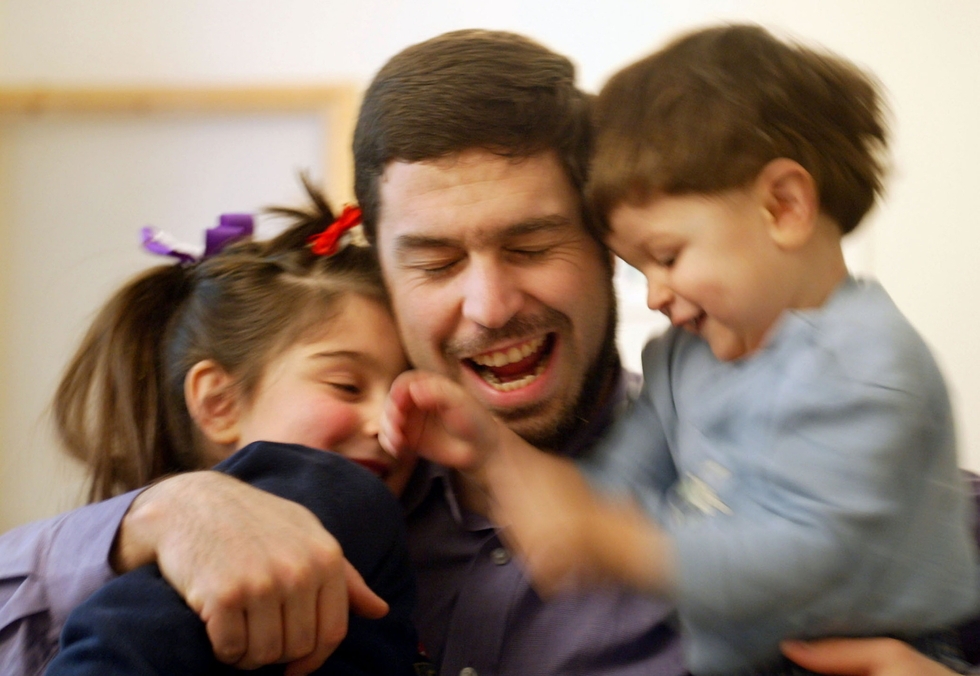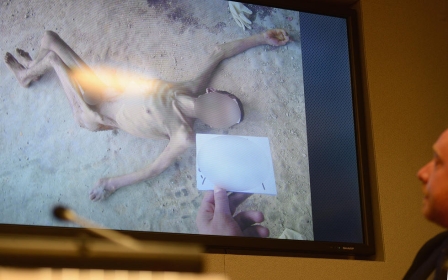Canada charges former Syrian intelligence officer in rendition, torture case

OTTAWA, Canada - Canadian federal police charged a former Syrian intelligence officer in absentia on Tuesday with the torture of Canadian computer engineer Maher Arar.
The Royal Canadian Mounted Police said it "has laid a charge against George Salloum for his involvement in the torture of Canadian citizen Maher Arar".
It has also asked Interpol to help find Salloum.
In a statement read by his wife Monia Mazigh, Arar said he welcomed the laying of criminal charges against the man he said was "directly responsible" for his torture in a Damascus prison in 2002.
"I certainly hope that George Salloum will be found alive, arrested and extradited to Canada to face Canadian justice," the statement read.
Arar was detained in New York in September 2002 after a tip-off from Canadian police who suspected him of terrorism.
US officials expelled Arar to Syria, where he was detained and tortured for a year.
But Arar was later cleared of any suspicion by the Canadian authorities, and in January 2007 won an apology from Prime Minister Stephen Harper and Canadian $10mn in compensation from the Canadian government.
The system of secret renditions - under which terror suspects were sent to third countries for interrogations using techniques deemed illegal within the US - was developed during the administration of former president George W Bush.
Rendition was ended by President Barack Obama.
Alex Neve, Amnesty International Canada's secretary general, said US and Canadian officials should be held accountable too, according to an Associated Press (AP) report.
However, a US federal appeals court and the US Supreme Court have ruled Arar could not sue the United States, AP said.
Middle East Eye propose une couverture et une analyse indépendantes et incomparables du Moyen-Orient, de l’Afrique du Nord et d’autres régions du monde. Pour en savoir plus sur la reprise de ce contenu et les frais qui s’appliquent, veuillez remplir ce formulaire [en anglais]. Pour en savoir plus sur MEE, cliquez ici [en anglais].




